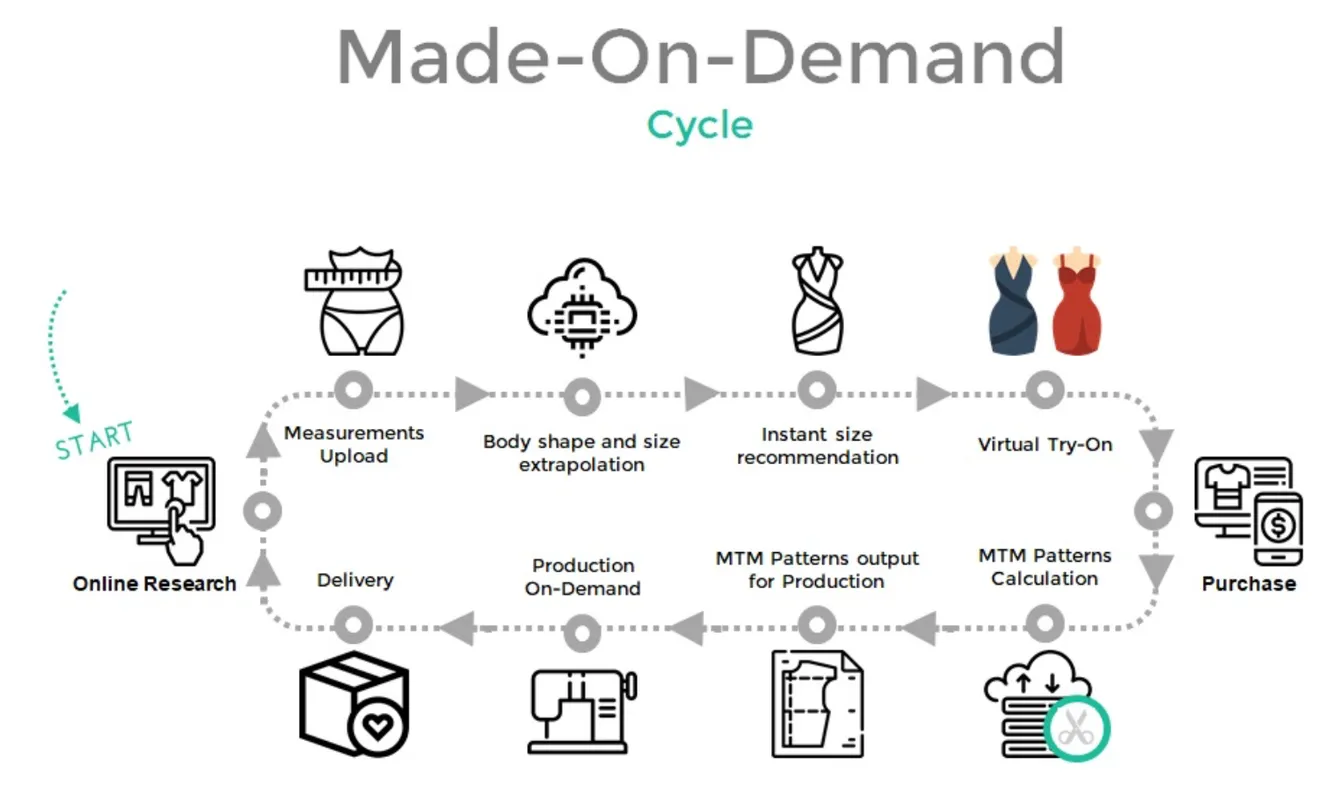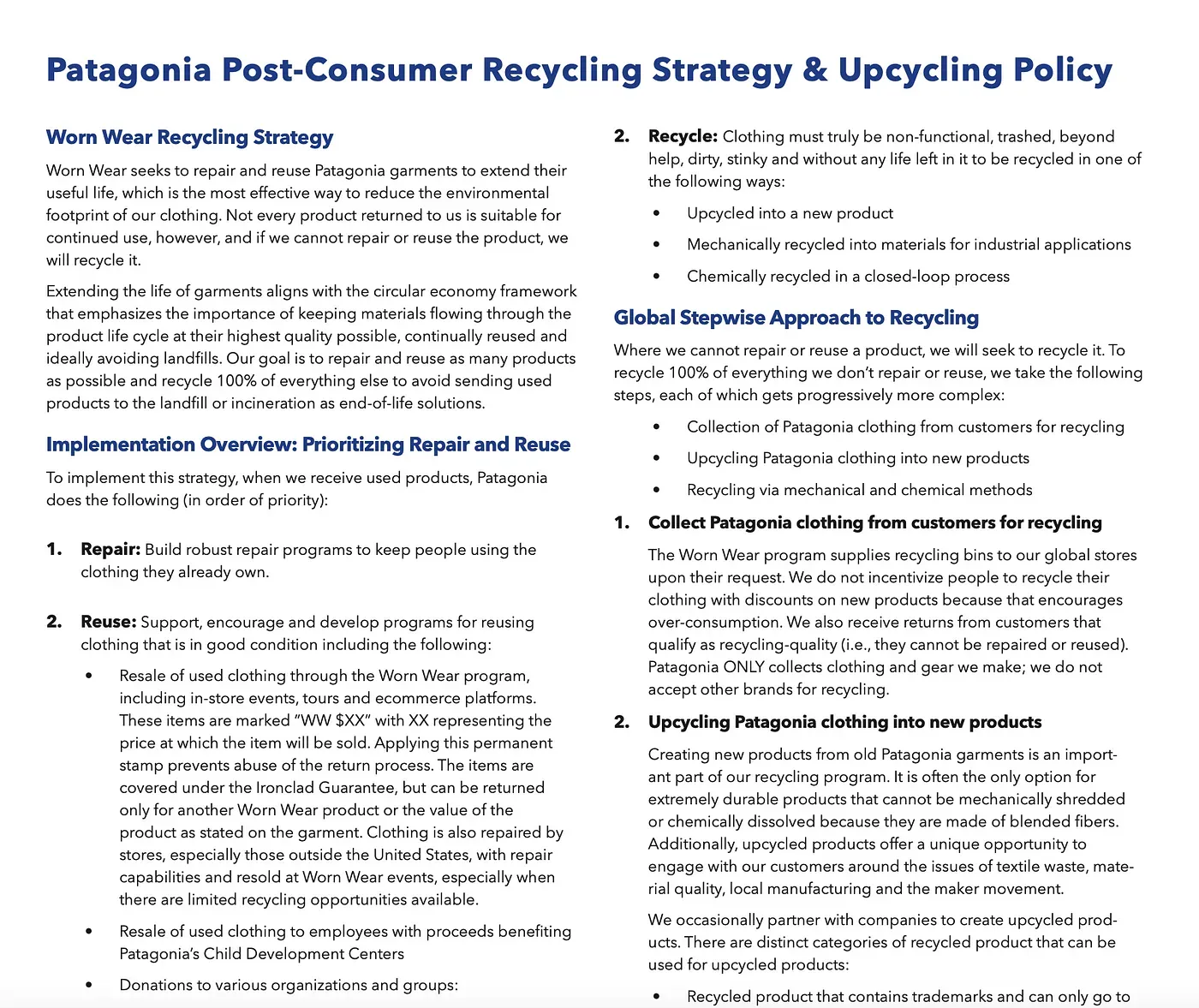How Fashion Brands Can Be More Sustainable in 2024
Fashion brands must rethink their entire process, from design to distribution, to survive in an increasingly eco-conscious market.

A Vision for the Future
Today, sustainability isn’t just a trend — it’s a necessity. Fashion brands must rethink their entire process, from design to distribution, to survive in an increasingly eco-conscious market. Here’s how fashion brands can lead the charge toward a more sustainable future.
1. Prioritize Circular Fashion
At the heart of sustainability is the circular economy. Brands need to adopt a mindset where clothing isn’t disposed of, but repurposed.
This means designing with recyclability in mind, using materials that can easily be broken down and reused.
Patagonia’s repair and reuse programs are a perfect example of how to embrace this shift.

In 2025, brands must think beyond product sales and towards product lifecycle, offering repair services, recycling programs, and incentivizing trade-ins.
2. Embrace New Materials
The next big leap is fabric innovation.
Materials like organic cotton or recycled polyester won’t be enough.

Brands need to dive into newer innovations like lab-grown leather or fabrics made from algae and mushroom mycelium.
These materials promise durability, biodegradability, and a lower environmental footprint.
3. Minimize Waste Through On-Demand Production
Overproduction is one of the most significant contributors to waste in fashion.
Brands should shift toward on-demand manufacturing using AI-driven trend analysis.
Not only does this reduce excess inventory, but it also allows brands to respond to consumer demand more effectively, creating only what will be purchased.
4. Transparency and Accountability
Consumers are demanding transparency.
Blockchain technology can help brands provide clear, traceable records of their supply chain.
In 2025, it will no longer be enough to say you’re sustainable — brands will need to **show it through data. **
Ethical sourcing, fair wages, and reduced carbon emissions will be crucial to maintain trust.
Photo by Lukas Blazek on Unsplash
5. Invest in Tech for Efficiency
Sustainable fashion needs to be scalable.
Automation and AI can optimize resource use and reduce energy consumption across production lines, making operations more efficient and reducing overall waste.
Sustainability is not an option; it’s the future.
f you are thinking of implementing AI into your workflow, I run my own specialized AI & software development agency called Dev Squad Six.
Schedule a call here.
Take care!
\